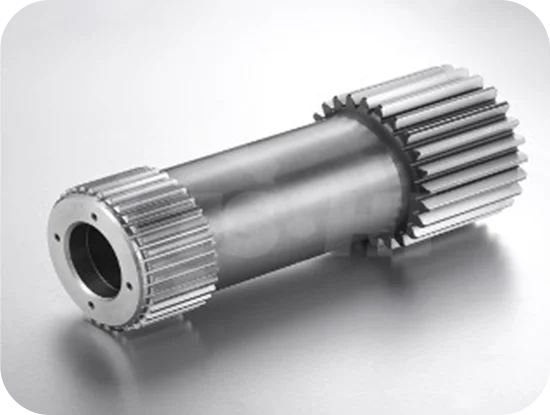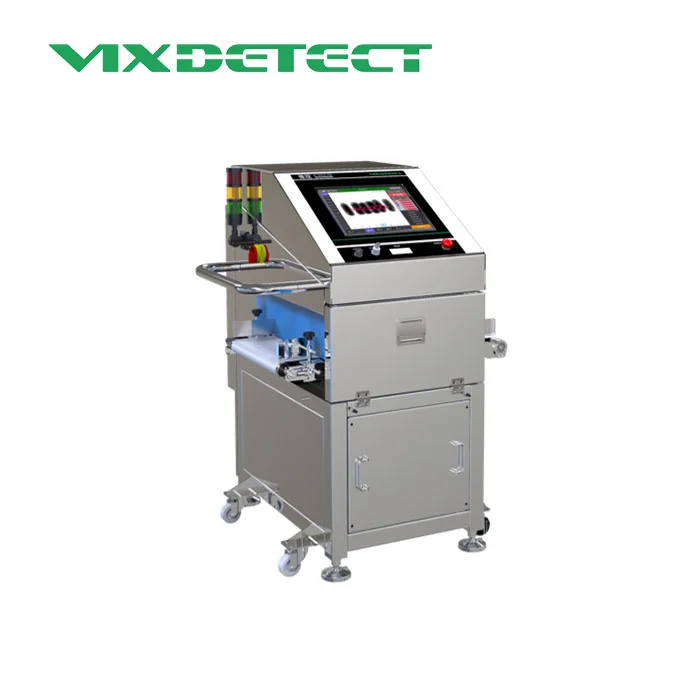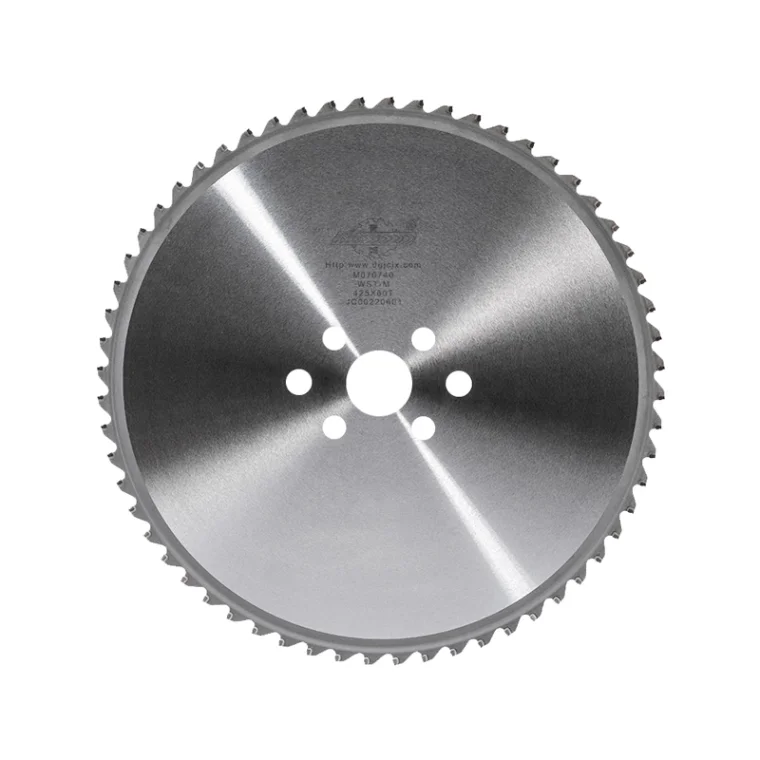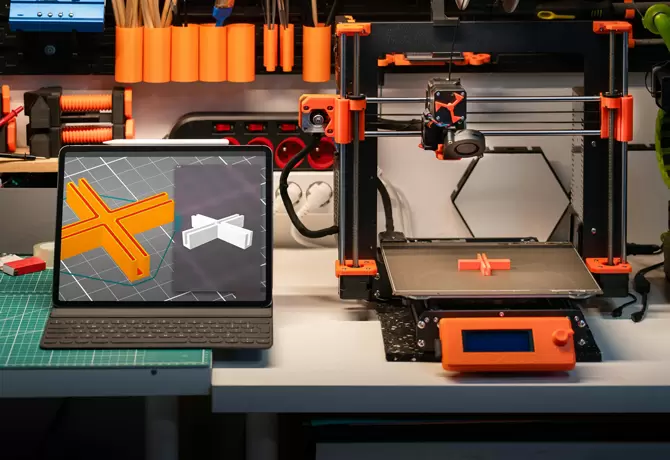In the realm of modern technology, HVAC (Heating, Ventilation, and Air Conditioning) systems have become an integral part of our daily lives. These mechanical marvels ensure our comfort and well-being by regulating indoor temperature, humidity, and air quality. But have you ever wondered why HVAC is called mechanical? In this article, we will delve into the origins and intricacies of HVAC systems, exploring the mechanical aspects that make them so essential.
- The Mechanical Foundation:
HVAC systems are referred to as mechanical due to their reliance on mechanical principles and components. These systems employ various mechanical elements such as fans, compressors, motors, and pumps to facilitate the movement and control of air, heat, and moisture. By harnessing the power of mechanical engineering, HVAC systems can efficiently regulate the indoor environment. - Heating: The Mechanical Heat Transfer:
Heating is a fundamental aspect of HVAC systems, and it relies on the principles of mechanical heat transfer. HVAC systems utilize mechanical devices like furnaces, boilers, and heat pumps to generate and distribute heat. These devices employ mechanical processes such as conduction, convection, and radiation to transfer heat energy from the heat source to the desired space, ensuring optimal warmth and comfort. - Ventilation: The Mechanical Air Movement:
Ventilation, another crucial component of HVAC systems, involves the mechanical movement of air. Mechanical fans and blowers are employed to circulate fresh air, remove stale air, and control indoor air quality. These mechanical devices create airflow patterns, ensuring proper ventilation and preventing the buildup of pollutants, allergens, and excessive moisture. - Air Conditioning: The Mechanical Cooling Cycle:
Air conditioning, often synonymous with HVAC, relies on a mechanical cooling cycle to regulate indoor temperature and humidity. This process involves the mechanical compression and expansion of refrigerant gases, which absorb and release heat energy. By utilizing mechanical components such as compressors, condensers, and evaporators, HVAC systems can efficiently cool the air and maintain a comfortable environment. - Automation and Control: The Mechanical Precision:
Modern HVAC systems incorporate advanced automation and control mechanisms, further emphasizing their mechanical nature. These systems utilize mechanical sensors, actuators, and control algorithms to monitor and adjust various parameters, ensuring precise temperature, humidity, and air quality control. The mechanical precision of these components allows HVAC systems to adapt to changing conditions and optimize energy efficiency.
Conclusion:
In conclusion, HVAC systems are referred to as mechanical due to their reliance on mechanical principles, components, and processes. From the mechanical heat transfer in heating to the mechanical air movement in ventilation, and the mechanical cooling cycle in air conditioning, these systems embody the intricate science of mechanical engineering. By understanding the mechanical foundations of HVAC systems, we can appreciate the complexity and precision behind their operation, ultimately leading to improved comfort, energy efficiency, and indoor air quality.




